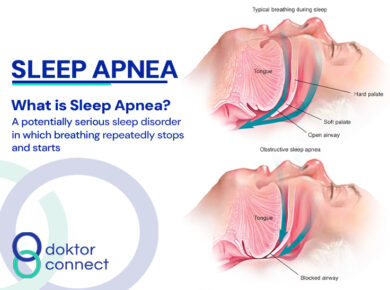Worms infect more than one-third of the world’s population, with the most intense infections in children and the poor. In countries such as Nigeria, children are more affected after breastfeeding and continue to be infected for the rest of their lives, so regular deworming is key
What are Worms?
Soil-transmitted helminth (worm) infections are among the commonest infections worldwide. Worms are intestinal parasites that compete with nutrients from their host and sometimes harm their host.
The main species that infect people are the roundworm (Ascaris lumbricoides), the whipworm (Trichuris trichiura), and the hookworms (Necator americanus and Ancylostoma duodenale)
How Can One Get Infected with Worms?
You can get infected by:
- Touching objects or surfaces with worm eggs on them
- Swallowing water or food with worm eggs in it
- Eating raw or undercooked beef, pork, or freshwater fish (like salmon or trout) containing baby worms
- Walking barefoot on soil containing worms
- You can catch some worms from pets, but this is rare.
Some Common Symptoms of Worm Infections
- Lack of appetite
- Tiredness
- Diarrhea
- Vomiting
- Passage of worms in stool
- Itching around the anus, particularly at night
- Red, itchy worm-shaped rash on the skin
- Stomach ache
Some of these symptoms are non-specific, so speak to a health professional for medical advice when you notice anything unusual
How to prevent Worm Infection
- Wash your hands before eating or preparing food, and after touching soil or using the toilet
- Only drink bottled or boiled water in high-risk areas (places without modern toilets or sewage systems)
- Deworm pet dogs and cats regularly and dispose of their poop in a bin as soon as possible
- Thoroughly wash garden-grown fruit and vegetables
- Do not walk barefoot in high-risk areas
- Do not eat raw or undercooked pork, beef, or freshwater fish
Why Should Adults and Children Deworm Regularly?
- It reduces the risk of low birth babies and infant death
A recent study found that mothers who had deworming treatment during pregnancy reduced by 14% the risk of their child dying within the first four weeks after birth. Another importance is that treating pregnant women with deworming medicines can avoid low birthweight babies
- It is Safe
To control worm infections, the World Health Organisation recommends the periodic administration of deworming medicines as a public health intervention, for children (from 1 to 15 years of age) living in areas where the prevalence of worm infection is estimated to be over 20%. The treatment is safe, even when given to uninfected individuals.
3. It is Cheap and Easy To Use
Most of the medications of choice used for deworming are single-dose, and are readily available and affordable
4. It Contributes to Good health
School-age children typically have the highest intensity of worm infection of any age group. Regular deworming contributes to their good health and nutrition which in turn leads to increased enrolment and attendance, reduced class repetition, and increased educational attainment
In Summary,
It is important to regularly deworm, so share what you’ve learnt with your loved ones to improve their quality of living



